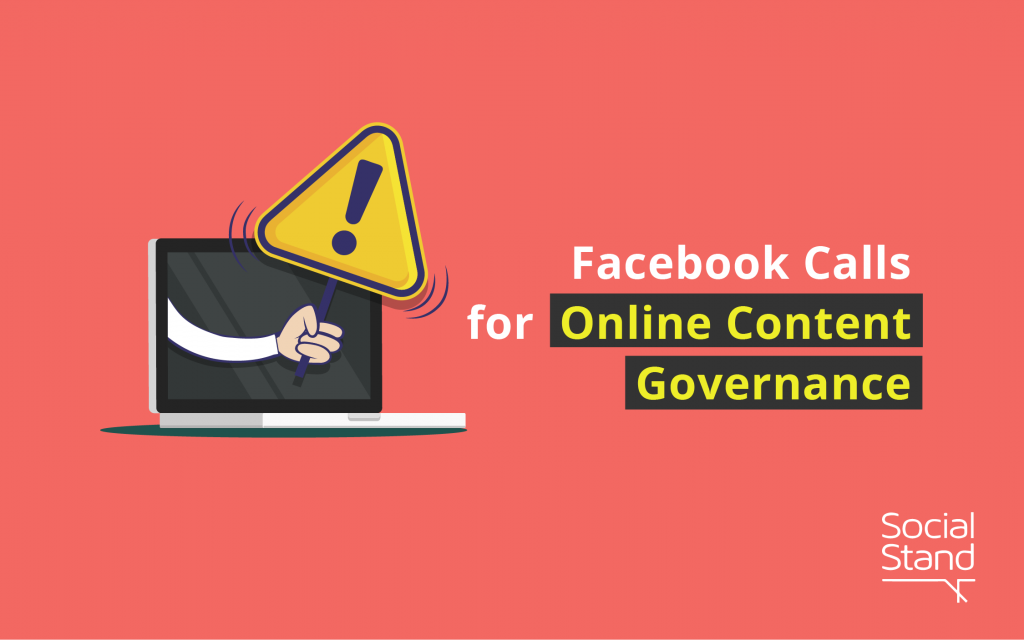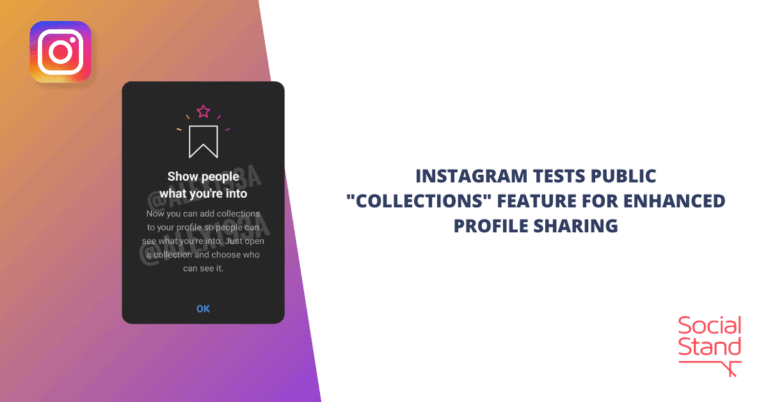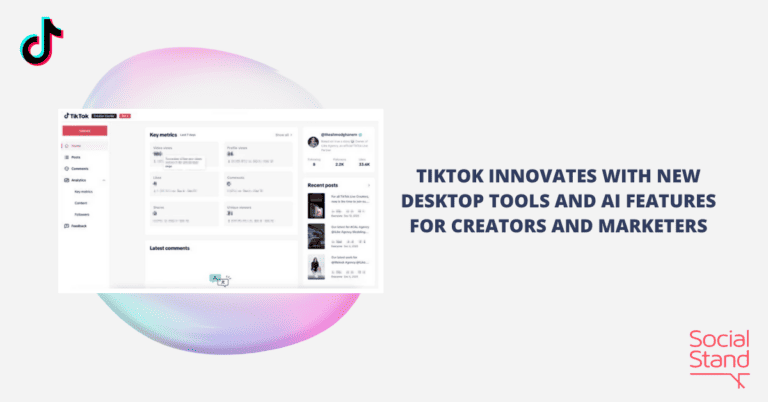Who should be responsible for online governance? Is it the internet companies? Or is it the government? Some believe that companies should be accountable. But the fact remains that it’s impossible to check every post published. Added to the burden is the varied regulations for every country or region.
Mark Zuckerberg believed that regulating content should be everyone’s responsibility. In 2019, he called for governments to create rules for the internet. On February 17, 2020, Facebook published a white paper calling for content governance.

Charting a Way Forward: Online Content Regulation
This white paper includes tangible guidelines to regulate online content. It presents four key challenges:
How to reduce harmful content while preserving the freedom of expression?
Companies must enforce standards for harmful content. They should regularly review their policies in censoring harmful content. There would always be mistakes. There are decisions that people will disagree with. A specific country’s law may also be in contrast with their policies.
Facebook recommends having a third-party regulator. The regulator should set a baseline on what’s prohibited and required. To avoid confusion, the baseline should be in a global context. Companies should submit periodic reports to them. They can then measure performance in censoring harmful content.
How to increase the accountability companies?
The internet updates its policy from time to time. They need it to follow new privacy laws. They need to comply with regional legal policies. The changes they made have an impact on people’s daily lives. Thus, there’s a need to increase accountability.
Facebook suggests a consultative and transparent moderation system. Companies should publish their content policies. Consult stakeholders for any major change. There should be a dispute channel. This is where users can appeal to the removal or non-removal of content.
Should regulation require companies to meet certain performance targets?
Content governance should define a specific threshold for all companies. This is to ensure the user’s protection. It also promotes the user’s confidence on the platform.
Facebook recommends regulators to set a performance target among companies. There must be metrics to focus on accompanied by incentives.
Should the regulation define “harmful content”?
Governments already have laws to define illegal speech. It’s different when it comes to the internet. The best starting point is Article 19 of the United Nation’s ICCR. It’s a fundamental law on the freedom of expression.
Facebook noted the importance of flexibility in defining harmful content. Regulators should recognize jurisdictions and the type of harm contemplated. They should aim for the right balance between two aspects:
- free flow of information
- protection of the public interest
Guidelines for Future Regulators
Facebook provided five guides in the journey to content governance:
- Incentives. Future regulators should create incentives. This is to encourage promoting safe content and freedom of information.
- Global Nature of the Internet. Define harmful content in a global context and not country-specific. This is to avoid regional confusion.
- Freedom of Expression. Regulators should always consider freedom of expression. Do this using Article 19 of the United Nation’s ICCR.
- Technology. Skill in technology is a must for regulators. They need to adopt a flexible approach to content regulation. This is to make room for innovation.
- Proportionality and Necessity. In making decisions for disputes, consider severity and prevalence. There should always be penalties to sanction neglects.
Implications for Brand Marketers
Brands should support Facebook’s call for online content governance. Companies or businesses must be extra careful when posting online. They should be updated with the new content policies. They should set standards to avoid publishing harmful ones. It’s important to focus on engagement and aim for meaningful content.
Reference:
https://about.fb.com/wp-content/uploads/2020/02/Charting-A-Way-Forward_Online-Content-Regulation-White-Paper-1.pdf



